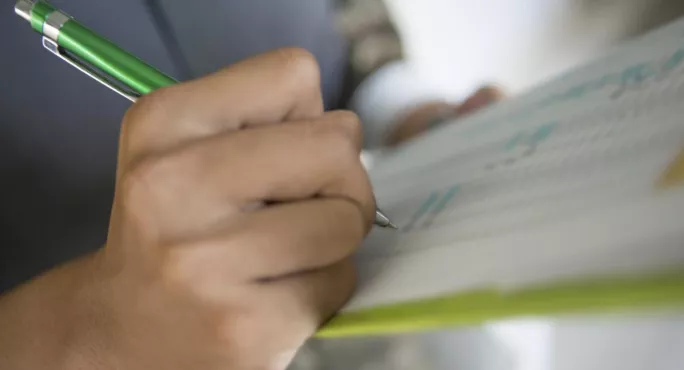Ofsted could convert its new school visits this term into formal inspections if it has major concerns about safeguarding or leadership.
The watchdog has said its teams can decide to treat these visits as a “no formal designation” inspection if it has significant concerns.
Ofsted is returning to schools at the end of the month for interim visits, which it says are designed “to support schools in their important work to welcome all pupils back full-time”.
Covid: Ofsted visits can be deferred because of local lockdowns
Headteachers: January return of Ofsted inspections ‘wrong’
Comment: Sorry, Ofsted: nonjudgemental visits aren’t good enough
The watchdog’s visits are not inspections and will not result in a judgement being passed on the school.
Ofsted will publish a letter after its visit has taken place.
The inspectorate has said that it will not visit lessons as part of these visits but, if the school agrees, inspectors could speak to pupils or school staff.
In new guidance about the visits published today it has said: “If, on a visit, inspectors have significant concerns about the school’s arrangements for safeguarding or about a breakdown in the school’s leadership and management, they can arrange to treat the visit as an NFD (no formal designation) inspection.”
Ofsted’s inspection handbook says it can carry out these NFD inspections “to follow up concerns about schools that are not in a category of concern but that have been brought to our attention.”
During Ofsted’s interim visits inspectors will look at:
- The barriers that the school has faced, and may still be facing, in managing the return to full education for all pupils.
- How leaders are ensuring that pupils resume learning the school’s curriculum, including contingency planning for the use of remote education and the use of catch-up funding.
- How pupils are settling back into expected routines and behaviour, including regular attendance.
- How any identified and specific issues related to special educational needs, disabilities, health, care, and wellbeing issues for particular groups of pupils are being addressed.
- The school’s safeguarding arrangements (focusing on arrangements at the time of the visit but potentially also looking at what was in place at the start of the Covid-19 response).




